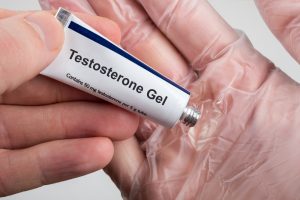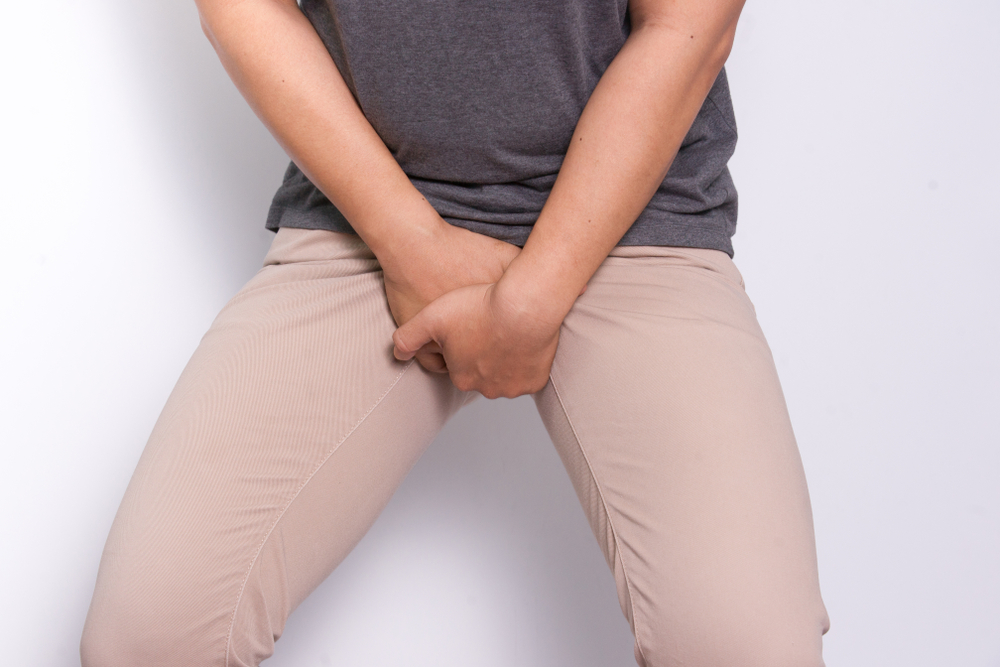Frequent urination, particularly at night, is a frustrating problem for every man. Not only you feel uncomfortable, but at the same time, it affects the overall quality of life to some extent. Reasons behind frequent urination are numerous, but have you ever wondered testosterone decline could be to blame? This article explores whether frequent urination could be due to low testosterone. Keep reading to learn more about the subject and get tips on how to manage it properly.
Frequent urination overview
Frequent urination is common, but a largely understood problem, so it’s important to address it prior to discussing its potential relationship with low testosterone. The term frequent urination indicates the urge to urinate more often than you usually do. Normally, people urinate between six and seven times in 24 hours when drinking 2 liters of water. Frequent urination occurs when a person urinates more than seven times during the same timeframe and when drinking the same quantity of fluid.
This common problem disrupts a person’s everyday routine, impairs their sleep, and leaves you frustrated. In most cases, frequent urination is a symptom of an underlying health problem. Interestingly, men and women can develop frequent urination as a habit. Even lifestyle choices can contribute to this problem. For instance, drinking alcohol, eating foods and drinking beverages with diuretic effects, and consuming too much caffeine can all make you frequently urinate than before.
Biological and health problems associated with frequent urination include:

- Urinary tract infection
- Sexually transmitted diseases
- Overactive bladder
- Anxiety
- Intake of diuretics
- Stroke and other conditions affecting the nervous system
- Tumor in the pelvic area
- Inflammation of the bladder wall
- Bladder or kidney stones
- Bladder cancer
- Pelvis radiation during cancer treatment
Low testosterone and frequent urination
As shown above, various factors contribute to frequent urination and testosterone is one of them. As the main sex hormone in your body, testosterone participates in various functions. Declined production of this hormone induces a number of symptoms and changes in your body, including frequent urination.
Studies reveal that testosterone is not only important for the formation of urogenital anatomical structure prenatally, their growth, development, and functioning in puberty, but it also has a major role for maintaining of normal function of this area in the body. In other words, normal testosterone levels contribute to normal urogenital functions while a low concentration of the hormone can impair them.
A growing body of evidence confirms that low testosterone is a major risk factor for nocturia or frequent urination at night. It’s not quite clear why testosterone has a significant influence on urination frequency, but science confirms the relationship between the two. That being said, there are not many scientific studies on the subject, so it is crucial to carry out further research to shed more light on the issue. Additional studies could point to underlying mechanisms through which low testosterone contributes to frequent urination, other aspects of this relationship, and define new management strategies.
Low testosterone can take part in frequent urination indirectly, not just through its effects on urogenital functions. For example, decreased production and concentration of testosterone is associated with behavioral changes and impaired mental health. Lower levels of this important hormone can contribute to anxiety and depression. Why is this relevant? Well, what many people don’t know is that anxiety and frequent urination are also related. Men who urinate more often also tend to display more symptoms of anxiety, studies show.
Testosterone therapy isn’t (always) the answer

Understanding that low testosterone can cause frequent urination may make you wonder about testosterone replacement therapy. Sure, it seems perfectly logical to go to the doctor’s, get a prescription, and get it over with, but there’s more to this than you realize. Believe it or not, frequent urination is also a side effect of testosterone replacement therapy. You are well aware of the fact that TRT has various adverse reactions and urge to urinate frequently is one of them. This also explains why men are skeptic about TRT, but also why doctors don’t jump to prescribe it immediately.
It’s always safer and more practical to address this problem in a natural way. For instance, supplements and male enhancement pills can do the trick. Products like Male UltraCore deliver natural ingredients which only support the production of testosterone without jeopardizing your health with dangerous and synthetic ingredients. Through natural rise in testosterone production, you can expect improvement in frequent urination.
Frequent urination management tips
Your daily routine can suffer due to the need to void the bladder frequently. Of course, it’s frustrating, and it keeps stressing you out, but you’re not out of options. Here are some things you can do to manage this problem more effectively:
- Reduce the intake of caffeine and alcohol
- Do Kegels for men
- Modify your diet to avoid eating foods which irritate the bladder. For instance, apples, citrus fruits, and cranberries, as well as juices can contribute to frequent urination
- Consult your doctor
- Train your bladder by setting a pee schedule, it can take a few months to do it perfectly, but consistency is vital
- Keep weight in a healthy range
- Increase testosterone levels through supplements, healthy lifestyle
Conclusion
Frequent urination is almost always a symptom of some underlying health problem. Low testosterone contributes to the urge to urinate frequently through its effects on urogenital functions. Adopt healthy lifestyle habits to improve testosterone production in order to manage this and other symptoms of low-T more effectively.







